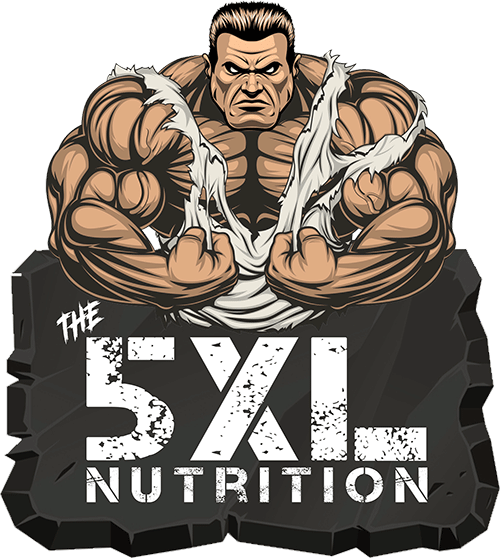The Role Of Protein In Fat Loss
When people think about losing fat, the first thing that comes to mind is cutting calories or doing more cardio. While both are important, there’s one nutrient that plays a much bigger role in fat loss than most people realize — protein.
Protein is not just for building muscles; it’s also one of the most powerful tools to help you burn fat, preserve lean mass, and achieve a toned physique. Let’s explore why protein is so important in fat loss and how you can use it effectively in your diet.
Why Protein is Essential for Fat Loss
Unlike carbs and fats, protein has a unique effect on your metabolism and body composition. Here’s how protein helps in fat loss:
- Boosts Satiety (Keeps You Full for Longer)
Protein is the most filling macronutrient. It reduces hunger hormones (ghrelin) and increases satiety hormones, which means you naturally eat fewer calories without feeling deprived. - Preserves Lean Muscle Mass
When you’re in a calorie deficit, your body may burn muscle for energy. Adequate protein prevents muscle breakdown, ensuring that the weight you lose comes mostly from fat. - Increases Thermic Effect of Food (TEF)
Your body burns more calories digesting protein compared to carbs and fats. Around 20–30% of protein calories are used up during digestion, boosting your metabolism. - Supports Better Recovery
Protein repairs muscle tissues after workouts. This allows you to train harder and burn more calories consistently.
How Much Protein Do You Need for Fat Loss?
The right protein intake depends on your activity level and body weight. Most experts recommend:
- 1.6–2.2 grams per kg of body weight per day for active individuals.
- Example: If you weigh 70 kg, aim for 112–154 grams of protein daily.
This ensures you maintain muscle mass while burning fat.
Best Protein Sources for Fat Loss
Not all proteins are created equal. Focus on lean, high-quality protein sources that provide essential amino acids without excess fat or sugar.
- Animal-Based:
- Chicken breast
- Turkey
- Fish (salmon, tuna, cod)
- Eggs & egg whites
- Low-fat dairy (Greek yogurt, cottage cheese)
- Plant-Based:
- Lentils and beans
- Chickpeas
- Quinoa
- Tofu & tempeh
- Pea protein powder
- Supplements:
- Whey protein isolate (fast-absorbing, low-carb)
- Plant-based protein powders (for vegetarians/vegans)
👉 If you’re looking for premium quality supplements, you can explore 5XL Nutrition Whey Protein Isolate, which is one of the best whey proteins in India.
Timing Protein for Maximum Fat Loss
It’s not just about how much protein you eat, but also when you eat it.
- Morning: Starting your day with a protein-rich meal reduces cravings throughout the day.
- Pre-Workout: Fuels your muscles and prevents breakdown during training.
- Post-Workout: Speeds up recovery and muscle repair.
- Before Bed: Casein protein or cottage cheese helps with overnight muscle recovery.
Protein and Intermittent Fasting
If you practice intermittent fasting, protein becomes even more important. Breaking your fast with protein ensures stable energy, prevents overeating, and supports fat burning.
FAQs
Q1. Does eating more protein mean faster fat loss?
Not directly. You still need to be in a calorie deficit, but protein makes fat loss easier and more sustainable.
Q2. Can high protein harm the kidneys?
For healthy individuals, high protein intake is safe. Problems only occur if you already have kidney disease.
Q3. Is protein more important than carbs for fat loss?
Yes, protein is the most important macronutrient for fat loss. Carbs provide energy, but protein preserves muscle and boosts metabolism.
Conclusion
Protein is a fat loss superpower. It helps control hunger, preserves lean muscle, boosts metabolism, and supports recovery. Whether you’re trying to lose weight, get lean, or build a toned physique, protein should be the foundation of your diet.
By combining a high-protein diet with exercise and a moderate calorie deficit, you’ll achieve fat loss that’s sustainable and healthy.
So next time you plan your meals, remember: protein first!
